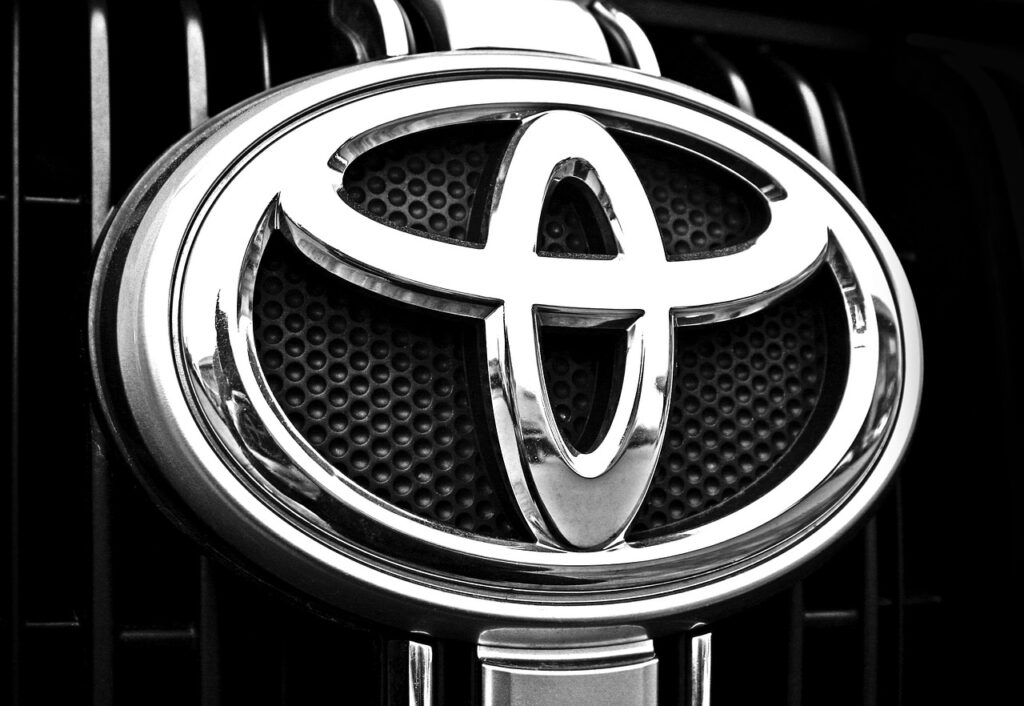Toyota is steering its focus beyond traditional electric vehicles and diving into the realm of hydrogen-powered technology.
Gill Pratt, Toyota’s chief scientist, emphasizes the importance of recognizing that the future demands a diversified approach, a mix of different vehicle types, rather than a one-size-fits-all solution.
While Toyota continues to advance in the electric vehicle market, especially in Europe, the company is actively exploring alternatives, with a spotlight on hydrogen. The Toyota Mirai, a fuel cell sedan, is a testament to this commitment. Operating by generating electricity from hydrogen, stored in a battery, the Mirai epitomizes an eco-friendly vehicle with the performance of an electric car.
Toyota’s ambition extends to sports vehicles, where the company experiments with burning hydrogen in gaseous and liquid forms. The goal is to create a zero-carbon emission vehicle that retains the visceral experience of a combustion engine. Challenges include the storage of hydrogen and its efficiency, yet Toyota remains optimistic about the potential of fuel cells as an alternative to both electric and combustion cars.
Recognizing Europe as a key player in future environmental regulations, Toyota announces the Hydrogen Factory Europe. This exclusive facility aims to produce fuel cell systems, aligning with the stringent emission reduction targets set for 2035. The factory’s location is yet to be disclosed, but the move signifies Toyota’s confidence in the European market.
Toyota envisions Europe as the epicenter of hydrogen technology by 2030. The company emphasizes a coordinated approach, from development and production to sales and after-sales service, to establish a robust presence in the burgeoning hydrogen market.
Toyota places its hopes on the European Commission’s Green Deal, a significant financial injection of 45 billion euros until 2027 for hydrogen development. Additionally, the company anticipates benefits from the European Union’s transport infrastructure funds, totaling 248 million euros.
Anticipating a new generation of fuel cells by 2026, Toyota foresees a 20% increase in efficiency, translating to greater autonomy. The company aims to make fuel cell technology more affordable, aligning with the European shift towards a hydrogen-centric future.





